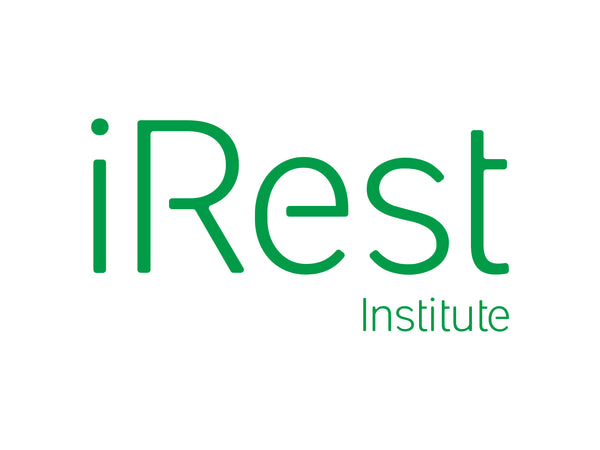
Your Sleep Solution Emergency Kit
Share
Long before the outbreak of coronavirus, tens of millions of people worldwide suffered from sleep problems—ranging from insomnia to sleep apnea to night terrors—to the point that The Center for Disease Control officially declared sleep disorders an epidemic.
Alas, current events have only exacerbated this issue. Many people have been forced out of their daily routines of work, school, and other activities. Instead, we now spend most of the day indoors, with decreased exposure to the natural light that regulates our sleep patterns. As the threat of the virus looms and lingers, our stress levels rise. In the face of such calamity, a good night’s sleep becomes even more elusive—and more precious, too.
Struggling to catch some zzz’s? We at iRest Institute have a few reliable tools that can help.
How much sleep is enough?
Sleep is fundamental to health, and quantity matters as much as quality. Aim for seven to nine hours per night. Less sleep can bring fatigue and lethargy, and can shorten life expectancy. More sleep can lead to depression and cognitive impairment. Either can lead to a compromised immune system.
What do I do if I wake up in the middle of the night?
It’s perfectly normal to sleep for four hours, wake up for a little while, then sleep for another four hours. If an hour passes and you can’t get back to sleep, though, that’s a problem. Try these tips:
- Get out of bed. Staying in bed while you are sleepless can create a negative association with your sleep environment, potentially causing future sleep issues.
- Open a journal and pick up a pen. Set any disruptive thoughts in writing.
- If you’re having a particular worry, consider trying “imaginal rehearsal”.
- Take the worrying thought and contemplate its opposite. Write it down.
- Get back into bed and spend the next five minutes imagining or “rehearsing” that reality.
- Prepare your body to take that reality with you to sleep.
How can I better prepare for sleep?
- Set a regular time to go to bed.
- Open a window or find another way to lower the temperature. According to the National Sleep Foundation, circadian rhythms are closely linked to body temperature.
- Make sure your bed is super comfy by keeping a mattress that’s ideal for your body and changing it at least every 10 years.
- Exercise daily, experimenting with the time of day that suits you.
- Avoid or cut down on certain vices. Caffeine and nicotine are stimulants, while alcohol and sleep medications can disrupt sleep cycles.
- Monitor your use of electronics. Reduce overall screen time, and spend time “powering” down” before bed by placing electronics aside and picking up a book.
- Meditation provides equanimity that we can take into our daytime activities and into the night, as well. Here are two iRest practices, conducted by Dr. Richard Miller, that guide you toward better sleep.
What about napping?
We at iRest Institute are big fans of napping. Just a 12 to 15 minute nap during the day increases mood, productivity, and chances of sleeping better during the night. It can also heighten immunity. Give it a try!
What if I don’t have time to sleep?
No matter where you are or what you are doing, calling on your Inner Resource of indestructible joy will enhance your overall well-being. Learn more about the Inner Resource and try a prerecorded practice here. Conjure this tool while you’re working, driving, walking, or cooking dinner. It’s always within.
